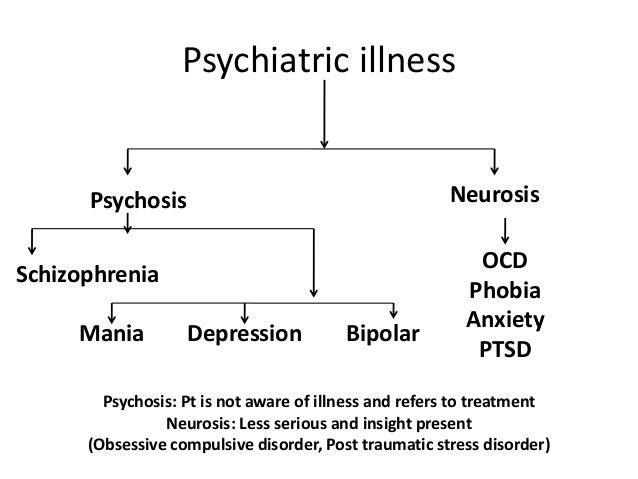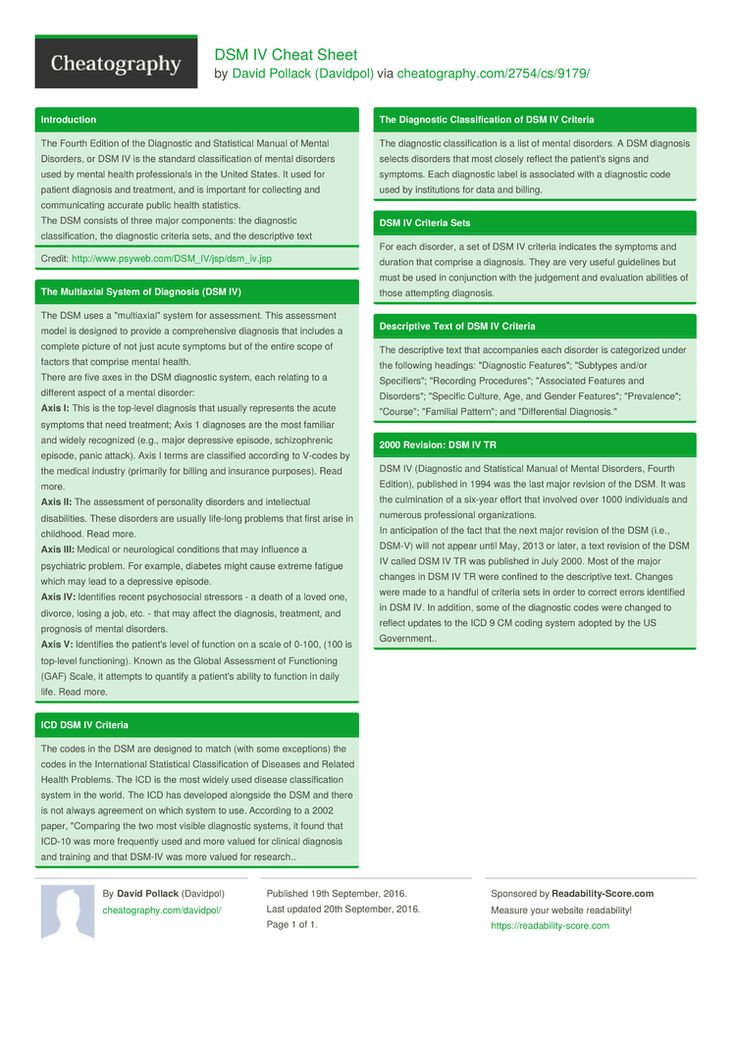Signs for trust
11 Important Signs Of Trust In a Relationship
11 Important Signs Of Trust In a Relationship
You could say a close relationship depends on trust.
To feel close, you need to open your inner world — your thoughts and feelings — to another person. You have to trust your partner to care about how you feel and to respond.
As you find your partner cares about you and treats you kindly, you can risk being vulnerable. If you can’t trust your partner to respond to your needs and your relationship well, it’s hard to make love last.
Trust deepens each time a partner makes the other feel seen and accepted. Each time two people turn toward each other emotionally, trust recharges. One person says, in some way, “I need you,” and the other responds, “I’m here.”
Trust can fade too. The more couples emotionally tune out and turn away, the more they risk draining the power of trust from their love, until its strength runs out.
“My guess is that if you do nothing to make things get better in your marriage but do not do anything wrong, the marriage will still tend to get worse over time,” says renowned researcher Dr. John Gottman.
To maintain a balanced emotional ecology you need to make an effort—think about your spouse during the day, think about how to make a good thing even better, and act.
From: Why Marriages Succeed or Fail: And How You Can Make Yours Last, by John Gottman and Nan Silver
A Definition of Trust
When your confidence in each other is high, it’s easier to commit to a relationship.
Staying happily committed is the challenge.
Over time, those couples who keep doing these things tend to deepen trust: they keep offering kindness, curiosity and appreciation. Most important, they look after each other’s wellbeing.
Trust is not some vague quality that grows between two people. It is the specific state that exists when you are both willing to change your own behavior to benefit your partner.
From What Makes Love Last?: How to Build Trust and Avoid Betrayal, by John Gottman and Nan Silver
A big warning sign that trust is slipping away, says Gottman, happens when negative feelings start to override positive ones. One partner starts to think the problems come from the other’s character flaws or wrong priorities. One or both of you may even change the whole “story of us” to reflect the new opinion.
One partner starts to think the problems come from the other’s character flaws or wrong priorities. One or both of you may even change the whole “story of us” to reflect the new opinion.
The reasons for the bad rap might not even be true. But a negative filter now taints everything the partner sees. When partners lose sign of each other’s good nature or intentions, negative thoughts start to overpower the positive ones.
Want to stop the downward slide? Catch it early!
Recognize that trust naturally ebbs and flows in a relationship. Ask yourself what you’re thinking about your partner. Then check in to learn what’s true.
Can you see events from your partner’s point of view? Can you seek to understand your partner’s actions?
If you can tune into each other and appreciate what you find, you can build trust. Focus on the the many things that bring you emotional connection.
11 Signs of Trust In A Relationship
These signs can help you recognize what trust between partners looks like.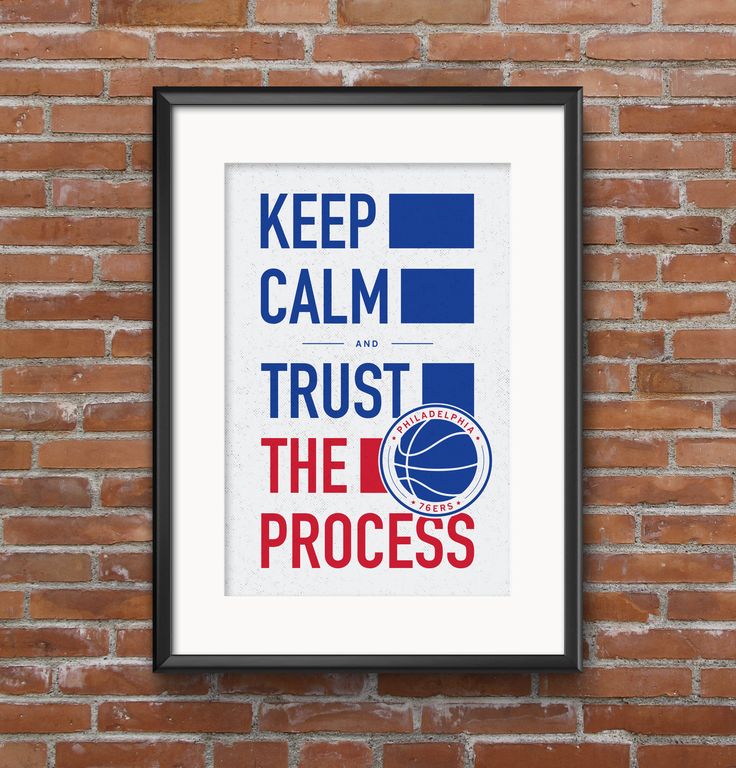 It’s not meant to be a test. You could reflect on them as places to focus your attention to help trust grow.
It’s not meant to be a test. You could reflect on them as places to focus your attention to help trust grow.
- You listen until each person feels heard and understood.
- When you hit a rough patch, you turn to each other kindly to work things out.
- You tell each other first when you have news, whether it’s good or bad.
- You do what you say you’re going to do.
- You respect each other even when you disagree.
- You discuss how to carry out life-changing decisions before making them (for example those involving money, careers or values).
- Your desire to understand each other is greater than your need to self-protect (Brené Brown) or be right (Stan Tatkin).
- Your relationship’s health comes before careers or your family’s preferences.
- You don’t leave the other socially stranded or abandoned in distress.
- You don’t inflict putdowns, abuse, threats, fear or stress on each other on purpose.
- You are there for each other emotionally.
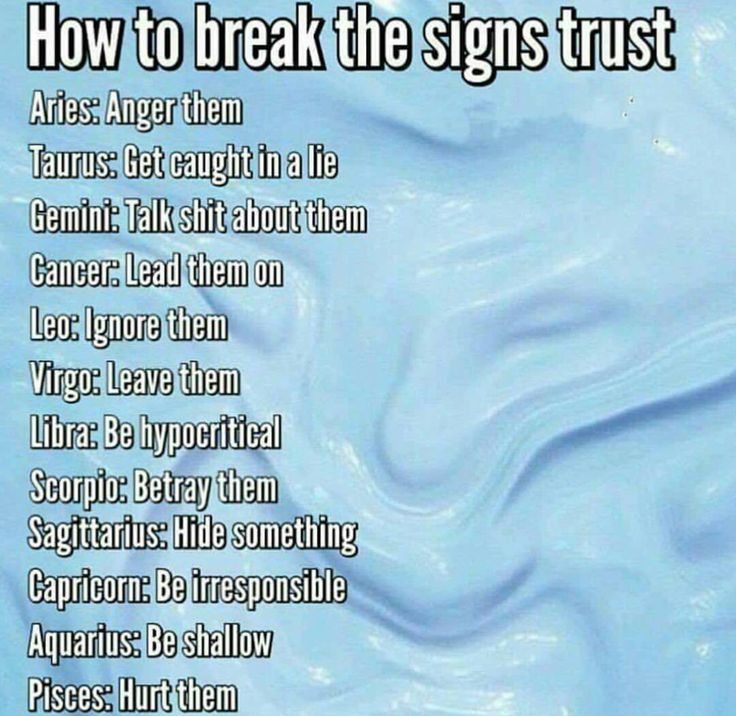
How Trust Helps Your Relationship Work Well
A healthy relationship built on trust is likely to have these traits:
- You can have your own friends without your partner monitoring conversations or becoming jealous.
- You feel fully able to tell the truth, rather than limiting your story to what you feel is best for the other to hear.
- You divide housework, child rearing and financial duties so it feels fair to both.
- You mutually invest in keeping the relationship healthy or making it even better.
- You ensure you take time to relax and enjoy being yourselves together.
Trust gives a secure relationship roots to grow on.
Notice what makes you both feel seen and cared about. Do you enjoy a sense of belonging, feeling safe in the world, and happiness being yourself with each other? Such moments come from trust in your relationship and your partner.
You can say a big yes to sharing your life together when you have built confidence through many little yeses.
You can start building trust with something small, like agreeing to squeeze the toothpaste from the bottom. With time and care, you can build trust into a great source of security, confidence and fulfillment.
We Are Here For You
Sometimes, couples don’t see each other’s bid for more connection or support. But it is possible to become more responsive and feel safe. We help couples expand their connection in ways they both want. To work with our skilled couples therapists in Alexandria, Virginia, please call us at 703-768-6240
13 Signs of Trust Issues & How to Trust Again
Skip to contentPublished: September 15, 2022 Updated: October 10, 2022
Published: 09/15/2022 Updated: 10/10/2022
Have you ever felt sure that you couldn’t trust someone, even if they had done nothing to cause you to doubt them? Trust issues can cause suspicion, anxiety, and doubt, and can be very damaging to romantic, personal, and professional relationships. Learning to trust again can be difficult but necessary to maintain your emotional wellbeing.
Learning to trust again can be difficult but necessary to maintain your emotional wellbeing.
Are trust issues holding you back? Changing isn’t something you have to do on your own. BetterHelp has over 20,000 licensed therapists who provide convenient and affordable online therapy. BetterHelp starts at $60 per week. Complete a brief questionnaire and get matched with the right therapist for you.
Choosing Therapy partners with leading mental health companies and is compensated for referrals by BetterHelp
Visit BetterHelp
What Are Trust Issues?
Trust is believing in the integrity of others. Building trust means that you feel secure in your interactions and relationships, and are able to be open and vulnerable with others. When people harm you and betray your trust, your feeling of security can be shattered. You start to expect the worst from others and become suspicious and skeptical. This lack of trust, commonly referred to as having trust issues, can be very harmful to your mental health and your relationships with others. 1
1
The Importance of Trust in Romantic Relationships
Trust issues can cause you to have relationship anxiety and can keep you from going deeper in a relationship. It can also be a major issue if you’re checking your partner’s phone without asking or if you’re constantly checking up on them. Building trust in a relationship is key to counting on each other and maintaining longevity.
Why Are Trust Issues Harmful?
Trust issues can affect many areas of your life, including your mental and emotional health and your professional and personal relationships. Trust issues can lead to relationship problems, loneliness, isolation, stress, burnout, and perfectionism. When you don’t trust others, it causes you to obsess about other people’s actions or feel like you have to do everything yourself. It can also lead to developing control issues and perfectionism.
Trust issues can negatively affect the following:2
- Work relationships and productivity
- Romantic relationships
- Friendships
- Relationships with family members
- Relationships with your children
- Your own mental health
Trust issues can cause you to feel suspicious, to doubt others, and even to isolate yourself. You might have volatile, unstable relationships, pick fights, or accuse others of dishonesty or betrayal. You also might spend a lot of time worrying, wondering, or even obsessing about what others are up to.
You might have volatile, unstable relationships, pick fights, or accuse others of dishonesty or betrayal. You also might spend a lot of time worrying, wondering, or even obsessing about what others are up to.
Here are 13 potential signs of trust issues:
1. You Focus on the Negative
People in trusting and healthy relationships are more likely to see the positives in each other, whereas people with trust issues are more likely to focus on the negatives. If you often find yourself assuming the worst and noticing people’s weaknesses rather than strengths, that could be a sign of trust issues.3
2. You Feel Like You Have to Do Everything
You have a hard time relying on others to follow through, so you do it all yourself. This leads to perfectionism, stress, and overwork. In the workplace, it can make it difficult for you to work as part of a team, because you don’t feel comfortable delegating or counting on others to do their part.4
3.
 You Are Suspicious of Friends & Family
You Are Suspicious of Friends & FamilyYou are always preparing yourself for the next betrayal, letdown, or ulterior motive. You don’t believe what people tell you. Your knee-jerk reaction is to assume that they are being dishonest or have broken your trust in some way.
4. You Avoid Intimacy
Intimacy requires vulnerability, and people with trust issues try to avoid feeling vulnerable at all costs. If you have trust issues or a fear of intimacy, you would rather be on your own than risk being hurt.
5. You Hold Grudges
Once someone has broken your trust or let you down, you never forget it. You are not likely to ever forgive or trust that person again.
6. You Pick Fights
When you have trust issues, you are hyper-aware of any little thing that could go wrong in a relationship. You don’t trust your partner, so you bring up issues from their past or find things that bother you and start a fight.
7. You Keep to Yourself
Sharing your inner world with others requires trust.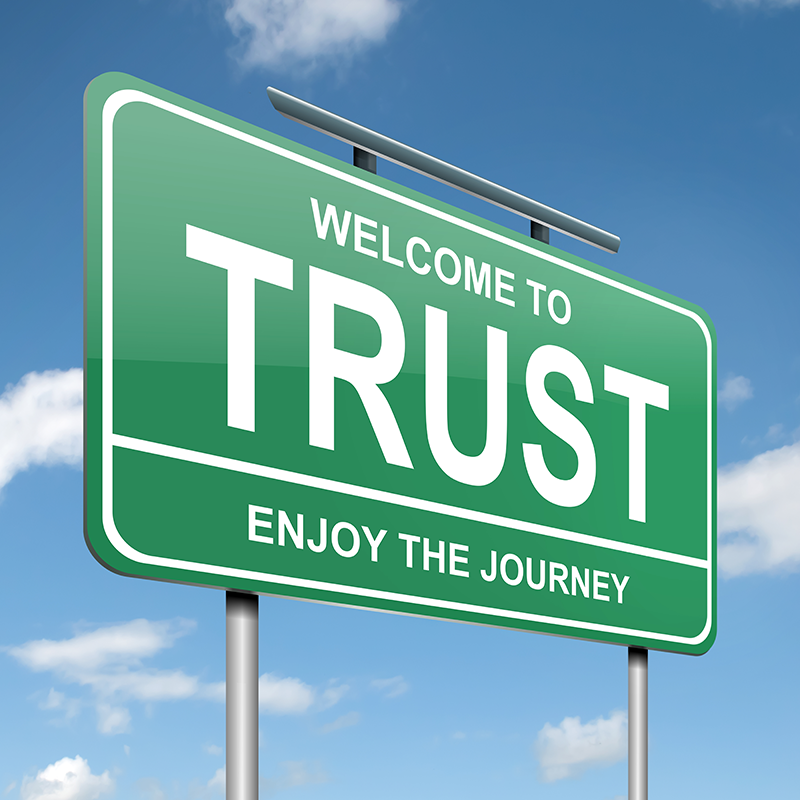 When you have trust issues, you would rather keep things to yourself than risk trusting someone else with the details of your inner life.
When you have trust issues, you would rather keep things to yourself than risk trusting someone else with the details of your inner life.
8. You Avoid Commitment
You have trouble committing, because committed relationships require trust and vulnerability from everyone involved. When you don’t trust others, you avoid getting into situations that cause you to feel vulnerable, and you develop commitment issues.
9. You Spy on People or Check Their Phones
When you have trust issues, you are always looking for evidence to prove whether someone is being honest with you or not. Since you don’t believe them, you seek out evidence to either set your mind at ease or prove you right.
10. You’re a Loner
You prefer your own company to anyone else’s, because at least when you are by yourself no one else can let you down.
11. You Find Yourself in Relationships With Untrustworthy People
Frustratingly, having your trust broken can be a self-fulfilling prophecy. When you expect a certain thing to happen, in the case of having trust issues, being betrayed, your subconscious mind will seek out those situations.5
When you expect a certain thing to happen, in the case of having trust issues, being betrayed, your subconscious mind will seek out those situations.5
12. You Smother People You Care About
When people are in your inner circle, you protect them fiercely because you fear that they will leave you or that something bad will happen to you. This can result in smothering, hovering, or codependent behavior in your relationships.
13. You Have a Fear of Abandonment
You live in constant fear of being abandoned or rejected in all of your relationships. When you get a “please stop by my office” email from your boss, you are sure you are being fired. When you see photos of friends having fun, your first thought is that they left you out on purpose. In romantic relationships, you have constant fear of abandonment lurking under the surface that they are getting ready to break things off.
Popular Choices For Online Therapy
BetterHelp – Best For Those “On A Budget”
Brightside – Best For Anxiety & Depression
Talkspace – Best For Therapy & Medication
According to 14 Best Therapy Services of 2022 (updated on 8/9/2022), Choosing Therapy partners with leading mental health companies and is compensated for referrals by BetterHelp, Brightside, and Talkspace
What Causes Trust Issues?
Possible origins of trust issues include low self-esteem, past betrayals, mental health disorders, adverse childhood experiences or traumatic events. Any time your sense of safety or security is threatened, it can cause trust issues to arise.
Any time your sense of safety or security is threatened, it can cause trust issues to arise.
Trust issues may be caused by:6
- History of abuse
- Low self-esteem
- History of betrayal in relationships
- Childhood trauma
- Abandonment issues
- Fear of rejection
- Loneliness
- A history of being bullied
- Disorders like depression, anxiety, PTSD or adjustment disorders
- Attachment disorders
- Personality disorders like borderline personality disorder
Lack of Trust From Childhood Wounds
Childhood is an especially vulnerable time for trust issues to show up. Children are 100% dependent on their caretakers to keep them alive. When that trust is broken in childhood, it creates the feeling of not being safe, and children learn to feel insecure and that they can only rely on themselves.
Many people can have issues with trust, but for some, it could indicate a significant mental health concern. Psychological disorders, like attachment disorders, psychoses, and personality disorders involve intense trust issues.6
Psychological disorders, like attachment disorders, psychoses, and personality disorders involve intense trust issues.6
- Attachment disorders: Reactive attachment disorder (RAD) and disinhibited social engagement disorder (DSED) are linked to childhood trauma and neglect. As an adult, the person may struggle establishing trust, since there was so little as a child.
- Psychoses: Schizophrenia and other psychotic disorders may create a level of paranoia. With this suspicion in place, trusting people or institutions will be challenging.
- Personality disorders: Borderline personality, narcissistic personality, and antisocial personality disorders may center on a lack of trust in others, which affects relationships, employment, and educational success.
If trust issues stem from a mental health condition, addressing the disorder directly should help the trust issues.
How to Get Over Trust Issues
The good news is, you can learn how to overcome trust issues! The best way to start to get over trust issues is by allowing people to earn your trust. Trusting someone too quickly who you just met can backfire, as can doubting someone who has done nothing to cause you to not trust them. The key is to start to take safe emotional risks with people who have not harmed or betrayed you.
Trusting someone too quickly who you just met can backfire, as can doubting someone who has done nothing to cause you to not trust them. The key is to start to take safe emotional risks with people who have not harmed or betrayed you.
Here are 10 tips for how to deal with trust issues:
1. Take Safe Emotional Risks
Let yourself practice trusting in small, safe ways. Take someone at their word. Give them the benefit of the doubt.
2. Allow Yourself Time If Your Trust Was Broken
If your trust has been broken, it’s going to take some time without further betrayal for the person to earn it back. If someone is genuine in wanting to build trust again, they will respect this process.
3. Avoid the Temptation to Snoop or Spy
Snooping or spying can easily become an obsessive behavior that will only make your trust issues worse.
4. Take Your Time Getting to Know New People
Don’t jump into trusting people before you know them. Many people with trust issues tend to trust too quickly, keeping you stuck in the pattern.
5. Communicate With Your Partner
Be careful not to accuse or blame. Instead, communicate clearly how you are feeling and what you need. For example, “When you came home late, I felt worried and insecure. I need you to give me a call next time.”
6. Reflect on the Potential Roots of Your Trust Issues
Spend some time thinking, journaling, or talking to a friend about this pattern in your life and what is within your power to change.
7. Acknowledge Your Trust Issues
Acknowledging your trust issues is a necessary component to getting over it. Rather than blaming others or deflecting the issue, take responsibility for your situation. Acknowledging the issue does not mean that you have to accept or like it. It only means that you understand the presence of an issue, and you are willing to fight it.
8. Know the Relationships between Trust & Control
Sometimes, as trust decreases, the need to control increases. Unfortunately, intense control only lowers trust.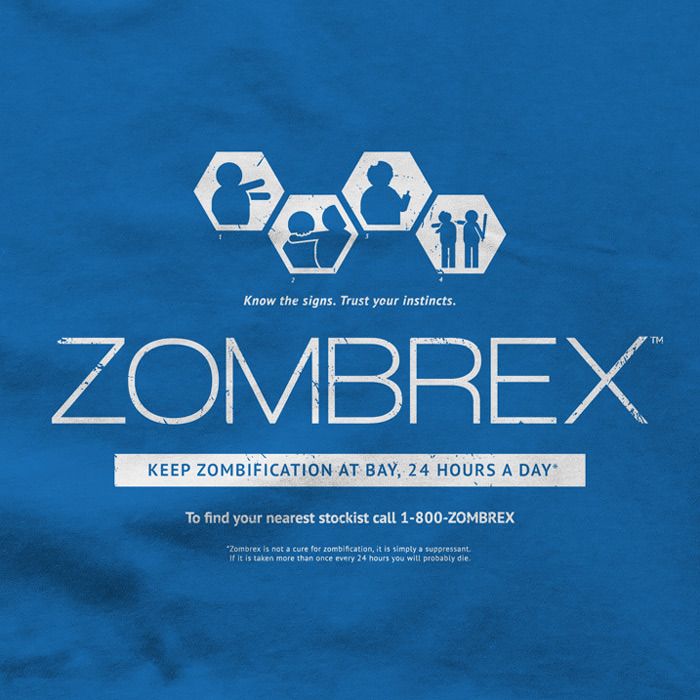 Check in with yourself to identify the interaction between trust and control in your relationships. By lowering your need to control, you could find yourself feeling more trusting and trusted.
Check in with yourself to identify the interaction between trust and control in your relationships. By lowering your need to control, you could find yourself feeling more trusting and trusted.
9. Become Trustworthy Yourself
Many times, trust issues involve pointing the finger at others and being critical of their actions. Are you being trustworthy, though? Without being a trustworthy person yourself, you could find it challenging to trust others.
10. Realize That You Control Your Trust
You may spend time thinking about what the other person should do to build or maintain your trust. In reality, you control your trust issues. If you let your paranoia, doubt, and questioning soar, trust issues will increase. If you can manage these issues, you will find your trust improves, regardless of what the other people do.
How Therapy Can Help With Trust issues
When trust issues interfere with your relationships, impact your ability to function in life, or persist for long periods of time, talking to a licensed professional can help. Consulting an online therapist directory is a great way to find a therapist who meets your needs.
Consulting an online therapist directory is a great way to find a therapist who meets your needs.
Individual therapy can help you process past betrayals, abuse, and trauma, heal from rejection and abandonment and improve your self-esteem. If you are experiencing any symptoms of possible disorders like depression, anxiety, or PTSD, talking to a licensed therapist is the first step toward relief.
When your trust issues are causing arguments or problems in your relationship with a significant other, or you have difficulty communicating about it, couples therapy could be a helpful option.
Final Thoughts
Trusting others is hard when you have trust issues and have been hurt or betrayed in the past. It’s understandable that you would feel reluctant to trust others. However, trust is a necessary component to any healthy relationship. Therapy and reaching out to your support network can help.
Additional Resources
Education is just the first step on our path to improved mental health and emotional wellness.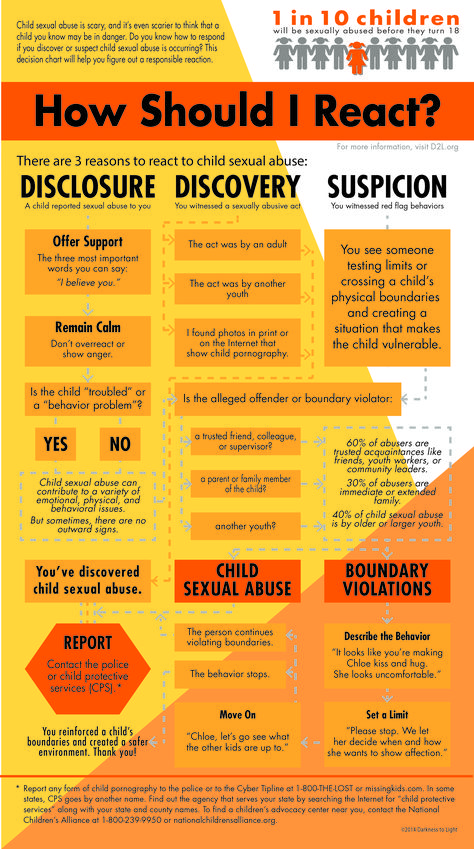 To help our readers take the next step in their journey, Choosing Therapy has partnered with leaders in mental health and wellness. Choosing Therapy may be compensated for referrals by the companies mentioned below.
To help our readers take the next step in their journey, Choosing Therapy has partnered with leaders in mental health and wellness. Choosing Therapy may be compensated for referrals by the companies mentioned below.
BetterHelp (Online Therapy) – Trauma and abuse can leave a lasting impact. Therapy can help with recovery. BetterHelp has over 20,000 licensed therapists who provide convenient and affordable online therapy. BetterHelp starts at $60 per week. Complete a brief questionnaire and get matched with the right therapist for you. Get Started
Brightside Health (Online Therapy & Psychiatry) – If you’re struggling recovering from trauma, therapy and medication can make a difference. Brightside Health treatment plans start at $95 per month. Cigna and Aetna accepted. Free Assessment
Hims / Hers (Online Psychiatry) – If you’re living with PTSD, finding the right medication match may make all the difference. Get FDA approved medication prescribed by your dedicated Hims / Hers Healthcare Provider and delivered right to your door. Plans start at $25 per month (first month). Get Started
Plans start at $25 per month (first month). Get Started
Choosing Therapy partners with leading mental health companies and is compensated for referrals by BetterHelp, Brightside, and Hims / Hers
6 sources
Choosing Therapy strives to provide our readers with mental health content that is accurate and actionable. We have high standards for what can be cited within our articles. Acceptable sources include government agencies, universities and colleges, scholarly journals, industry and professional associations, and other high-integrity sources of mental health journalism. Learn more by reviewing our full editorial policy.
-
Larzelere, R. E., & Huston, T. L. (1980). The Dyadic Trust Scale: Toward Understanding Interpersonal Trust in Close Relationships. Journal of Marriage and Family, 42(3), 595–604. https://doi.org/10.2307/351903
-
Hwee Hoon Tan & Augustine K. H. Lim (2009) Trust in Coworkers and Trust in Organizations, The Journal of Psychology, 143(1), 45-66, DOI: 10.
 3200/JRLP.143.1.45-66
3200/JRLP.143.1.45-66 -
Rempel, J. K., Ross, M., & Holmes, J. G. (2001). Trust and communicated attributions in close relationships. Journal of Personality and Social Psychology, 81(1), 57–64. Retrieved November 06, 2021 from https://doi.org/10.1037/0022-3514.81.1.57.
-
Porter, G. (2001). Workaholic Tendencies and the High Potential for Stress Among Co-Workers. International Journal of Stress Management. 8, 147–164. https://doi.org/10.1023/A:1009581330960
-
Bundrant, M. (2020, October 5). How an Original Feeling Becomes a Self-Fulfilling Prophecy. INLP Center. Retrieved from https://inlpcenter.org/how-feelings-become-self-fulfilling-prophecy/
-
American Psychiatric Association. (2013). Diagnostic and Statistical Manual of Mental Disorders: Fifth Edition. Arlington, VA: American Psychiatric Association.
update history
We regularly update the articles on ChoosingTherapy. com to ensure we continue to reflect scientific consensus on the topics we cover, to incorporate new research into our articles, and to better answer our audience’s questions. When our content undergoes a significant revision, we summarize the changes that were made and the date on which they occurred. We also record the authors and medical reviewers who contributed to previous versions of the article. Read more about our editorial policies here.
com to ensure we continue to reflect scientific consensus on the topics we cover, to incorporate new research into our articles, and to better answer our audience’s questions. When our content undergoes a significant revision, we summarize the changes that were made and the date on which they occurred. We also record the authors and medical reviewers who contributed to previous versions of the article. Read more about our editorial policies here.
-
Originally Published: November 22, 2021
Original Author: Michelle Risser, LISW-S
Original Reviewer: Kristen Fuller, MD -
Updated: September 15, 2022
Author: No Change
Reviewer: No Change
Primary Changes: Updated for readability and clarity. Reviewed and added relevant resources. Added “Can Having Trust Issues Be a Sign of Mental Illness?” and four new tips to “How to Get Over Trust Issues”. New material written by Eric Patterson, LPC, and reviewed by Kristen Fuller, MD.
If you are in need of immediate medical help:
Medical
Emergency
911
Suicide Hotline
800-273-8255
Customer trust: what signs do brands use
Trust marks are a confirmation of the reliability and authority of your brand.
Trust marks take many forms: badges, certificates, content, or symbols that online shoppers consciously or unconsciously judge your trustworthiness.
When ranking websites in search results, search engines pay more and more attention to trust marks.
Relationships with clients are built on trust. You can inspire trust in different aspects: when interacting with them, protecting their data, promoting your products and services. Ultimately, conversion and your income depend on trust.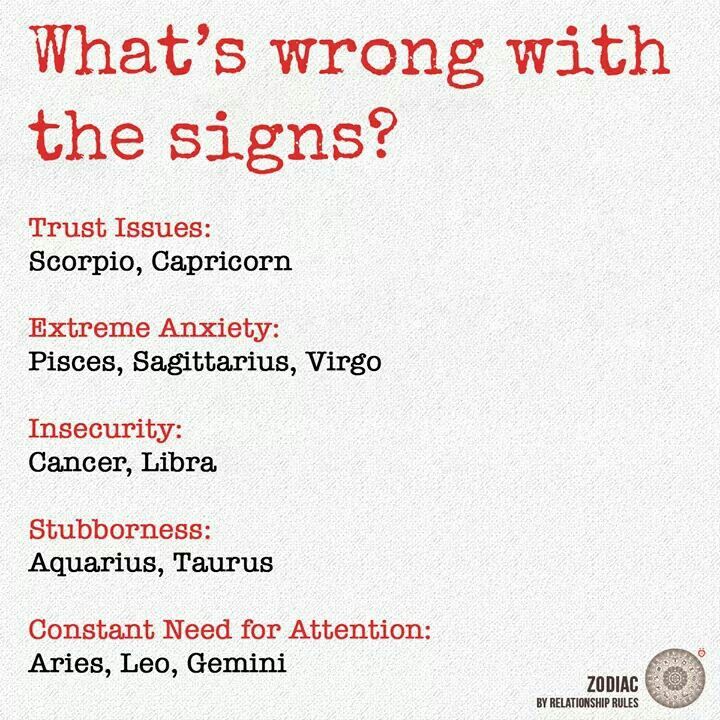
In an article for marketinginsidergroup.com, Giana Reno talks about the trust marks you need to increase your site's conversions. We provide her tips below.
Article content
1. Information about your product and services
2. Feedback and recommendations from customers
3. Blog
4. Social networks
5. Contact information
6. Logos of famous customer brands
7. Security marks
Conclusion
1. Information about your product and services
In B2B, buying decisions are largely based on the usefulness of the information.
You may think that a long and detailed product description on your site will be of great benefit to your audience, but you should try different methods of educating your potential buyers.
This is especially true for those who sell technical or custom products such as software. In this case, you can record training videos explaining how to customize your program for specific tasks or business models.
You can even become a thought leader in your field. Ask yourself the following questions:
- Why is your product or service relevant right now?
- How can you help potential buyers do better than your competitors?
Buyers are looking for what suits them and solves their problems.
Read also: Behind the scenes of successful B2B lead generation: how to get 130,000 leads
2. Reviews and recommendations from buyers
Encourage your customers to write reviews about your product. Existing customers will love that you value their opinion, and potential customers will appreciate the feedback as a sign of trust.
Like reviews, recommendations from customers show that people are happy with your product. The recommendations are especially suitable for companies that primarily provide services and are not online stores.
Recommendations give your company and brand human warmth and inspire confidence in potential buyers.
Recommendations can be placed anywhere, from your company's homepage to a landing page dedicated to a specific solution.
Here are our tips:
- Highlight recommendations with detailed stories about how your service helped customers.
- Avoid faceless recommendations with general words: they are unlikely to impress potential buyers.
- Don't forget to include the client's name, job title, and company name.
- Use photos to make your website visitors believe they are real people using your services.
With referrals, people who weren't previously familiar with your company can become interested or even move further up the sales funnel.
User-generated content and personalized lead nurturing will captivate potential buyers, and they may eventually convert.
Read also: Investing in recommendations: why do you need reviews on the landing page?
3. Blog
Quality content is also a signal of trust. As mentioned above, it's good to be a thought leader.
As mentioned above, it's good to be a thought leader.
Your blog and the content you post elsewhere reflects your industry expertise by sharing valuable insights and guidance.
When you post useful content on your blog, you are helping your customers with useful information. But your content shouldn't focus too much on sales, which will make buyers think you're self-serving and untrustworthy.
Read also: How to publish an article on the LPgenerator blog
4. Social networks
Social networks are designed for communication and information sharing and serve as an ideal platform for word of mouth and trust marketing.
An active, engaging social media profile helps you connect with your users by interacting with them, sharing content, and building relationships.
It is on social media that some well-known marketing influencers have made a name for themselves. Through social networks, you can find partners and expand your professional connections.
And here are our tips:
- It is necessary to display links to social media profiles on the official website of the company so that visitors can learn more about the nature of your brand.
- It is useful to post photos from your company's events or news about its achievements in the industry from time to time.
- You can even link to your personal Twitter or LinkedIn account with your photo to build more personal connections with potential buyers.
Read also: Rumor marketing: what it is and how to use it
5. Contact information
Some B2B buyers prefer to speak to a representative first over the phone or receive preliminary information via email, so be sure to include your email address and phone number on your site.
You can also specify which of your employees should be contacted in a particular department.
Contact information can be placed on the About Us page. On this page, you can not only help potential buyers connect with your employees, but also tell you more about your company.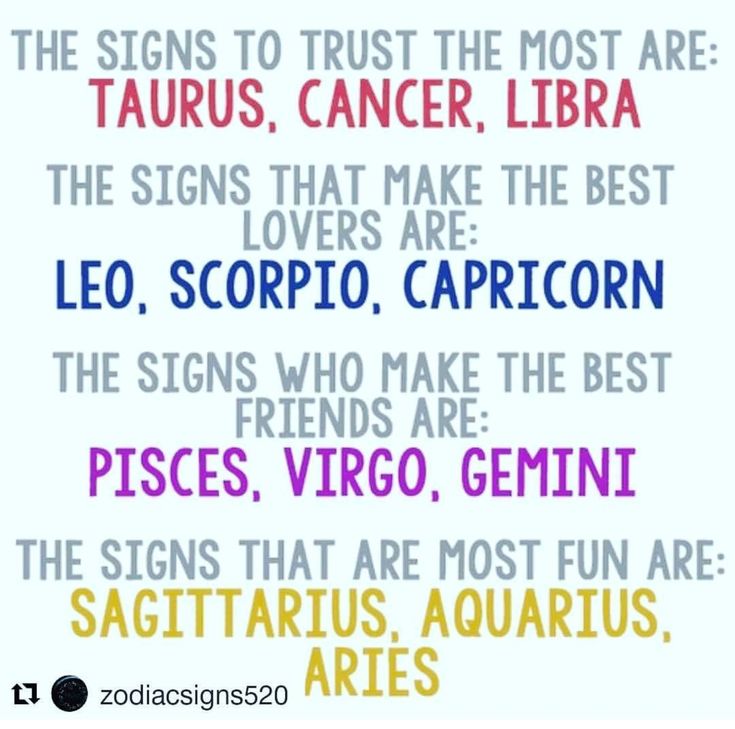
Contact information is trustworthy just because buyers know where your physical office is located. This is useful for SEO as well, making it easier to find you through local searches.
Read also: How to create an effective FAQ section and increase traffic
6. Logos of famous client brands
Logos of well-known brands that use your product tell a potential buyer: even if such large companies trust us with their work, then an ordinary client can trust us.
Recently, in order to influence the perception of the public, the media talking about the company is often mentioned.
7. Security signs
Common security marks are accreditation marks and antivirus icons. They create a sense of security for users while they are browsing your site or considering your company's offer.
According to Varonis
Every B2B seller must convince their customers that their website and company are legal and technically safe.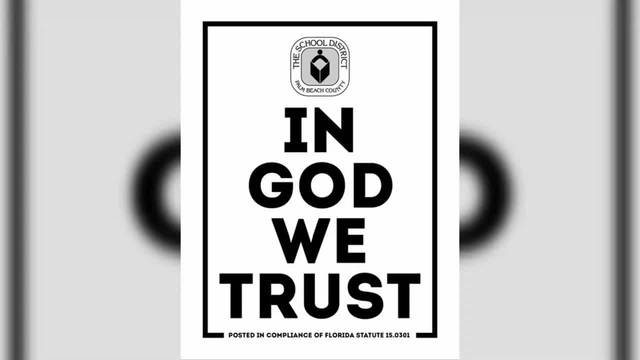
Security marks reassure visitors that your site is safe: their personal and payment information will not fall into the hands of scammers or spammers.
Read also: How to prevent data leakage: case study from Timehop
Conclusion
Trust marks are essential to boost your site's conversions because they help potential buyers perceive your site as a safe place to shop.
Do not give your potential buyers a reason to doubt the reliability of your brand. Your contact information, blog posts, and more tell them you can be trusted.
High conversions for you!
Source: marketinginsidergroup.com. Author: Giana Reno. Image: freepik.com.
30-03-2022
Customer trust: what signs do brands use
Trust marks are a confirmation of the reliability and authority of your brand.
Trust marks take many forms: badges, certificates, content, or symbols that online shoppers consciously or unconsciously judge your trustworthiness.
When ranking websites in search results, search engines pay more and more attention to trust marks.
Relationships with clients are built on trust. You can inspire trust in different aspects: when interacting with them, protecting their data, promoting your products and services. Ultimately, conversion and your income depend on trust.
In an article for marketinginsidergroup.com, Giana Reno talks about the trust marks you need to increase your site's conversions. We provide her tips below.
Article content
1. Information about your product and services
2. Feedback and recommendations from customers
3. Blog
4. Social networks
5. Contact information
6. Logos of famous customer brands
7. Security marks
Conclusion
1. Information about your product and services
In B2B, buying decisions are largely based on the usefulness of the information.
You may think that a long and detailed product description on your site will be of great benefit to your audience, but you should try different methods of educating your potential buyers.
This is especially true for those who sell technical or custom products such as software. In this case, you can record training videos explaining how to customize your program for specific tasks or business models.
You can even become a thought leader in your field. Ask yourself the following questions:
- Why is your product or service relevant right now?
- How can you help potential buyers do better than your competitors?
Buyers are looking for what suits them and solves their problems.
Read also: Behind the scenes of successful B2B lead generation: how to get 130,000 leads
2. Reviews and recommendations from customers
Encourage your customers to write reviews about your product. Existing customers will love that you value their opinion, and potential customers will appreciate the feedback as a sign of trust.
Like reviews, recommendations from customers show that people are happy with your product. The recommendations are especially suitable for companies that primarily provide services and are not online stores.
The recommendations are especially suitable for companies that primarily provide services and are not online stores.
Recommendations give your company and brand human warmth and inspire confidence in potential buyers.
Recommendations can be placed anywhere, from your company's homepage to a landing page dedicated to a specific solution.
Here are our tips:
- Highlight recommendations with detailed stories about how your service helped customers.
- Avoid faceless recommendations with general words: they are unlikely to impress potential buyers.
- Don't forget to include the client's name, job title, and company name.
- Use photos to make your website visitors believe they are real people using your services.
With referrals, people who weren't previously familiar with your company can become interested or even move further up the sales funnel.
User-generated content and personalized lead nurturing will captivate potential buyers, and they may eventually convert.
Read also: Investing in recommendations: why do you need reviews on the landing page?
3. Blog
Quality content is also a signal of trust. As mentioned above, it's good to be a thought leader.
Your blog and the content you post elsewhere reflects your industry expertise by sharing valuable insights and guidance.
When you post useful content on your blog, you are helping your customers with useful information. But your content shouldn't focus too much on sales, which will make buyers think you're self-serving and untrustworthy.
Read also: How to publish an article on the LPgenerator blog
4. Social networks
Social networks are designed for communication and information sharing and serve as an ideal platform for word of mouth and trust marketing.
An active, engaging social media profile helps you connect with your users by interacting with them, sharing content, and building relationships.
It is on social media that some well-known marketing influencers have made a name for themselves. Through social networks, you can find partners and expand your professional connections.
Through social networks, you can find partners and expand your professional connections.
And here are our tips:
- It is necessary to display links to social media profiles on the official website of the company so that visitors can learn more about the nature of your brand.
- It is useful to post photos from your company's events or news about its achievements in the industry from time to time.
- You can even link to your personal Twitter or LinkedIn account with your photo to build more personal connections with potential buyers.
Read also: Rumor marketing: what it is and how to use it
5. Contact information
Some B2B buyers prefer to speak to a representative first over the phone or receive preliminary information via email, so be sure to include your email address and phone number on your site.
You can also specify which of your employees should be contacted in a particular department.
Contact information can be placed on the About Us page. On this page, you can not only help potential buyers connect with your employees, but also tell you more about your company.
On this page, you can not only help potential buyers connect with your employees, but also tell you more about your company.
Contact information is trustworthy just because buyers know where your physical office is located. This is useful for SEO as well, making it easier to find you through local searches.
Read also: How to create an effective FAQ section and increase traffic
6. Logos of famous client brands
Logos of well-known brands that use your product tell a potential buyer: even if such large companies trust us with their work, then an ordinary client can trust us.
Recently, in order to influence the perception of the public, the media talking about the company is often mentioned.
7. Security signs
Common security marks are accreditation marks and antivirus icons. They create a sense of security for users while they are browsing your site or considering your company's offer.
According to Varonis
Every B2B seller must convince their customers that their website and company are legal and technically safe.
